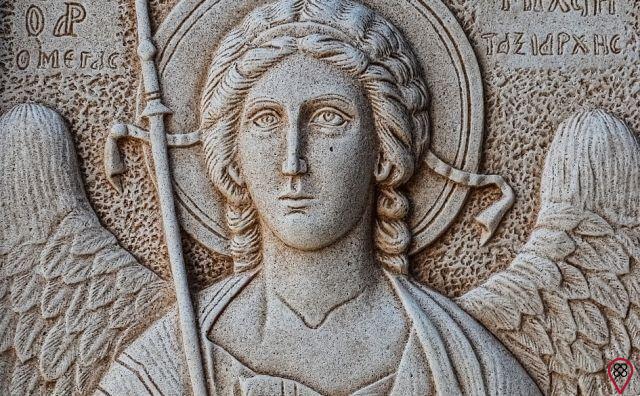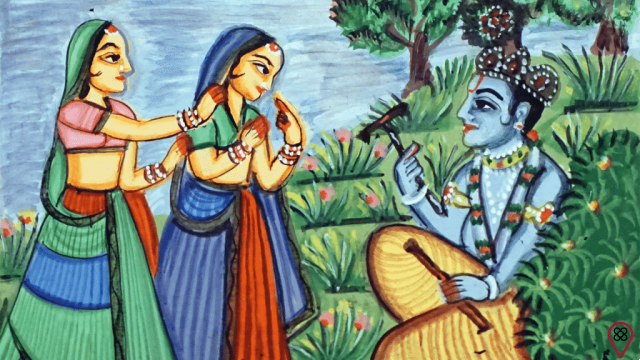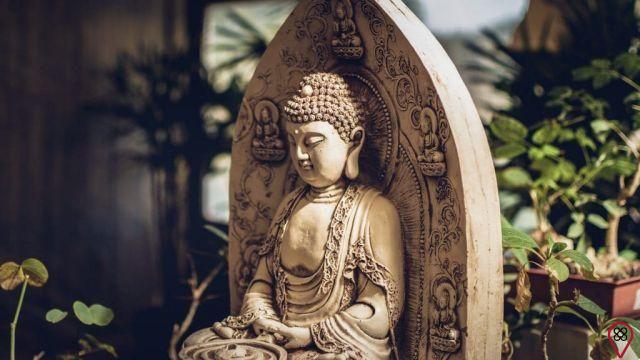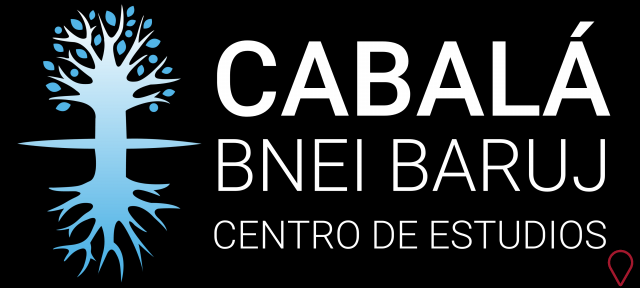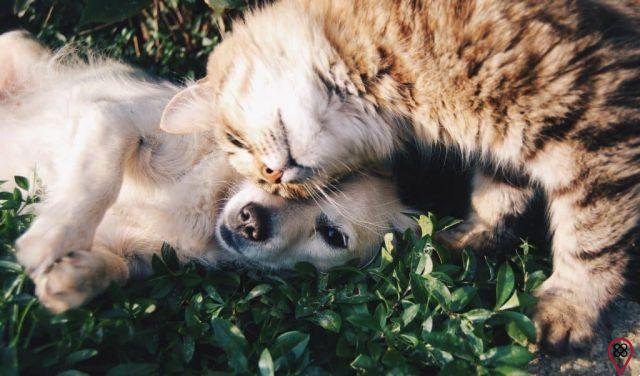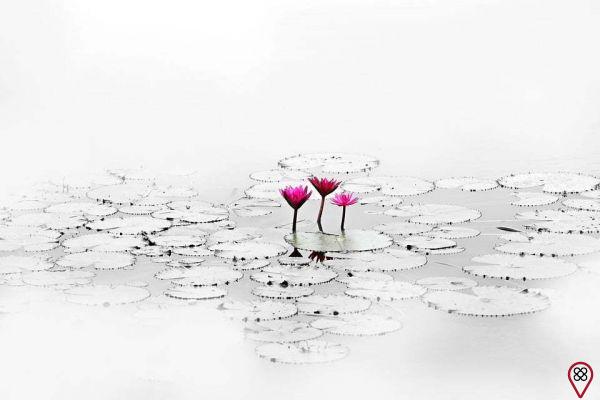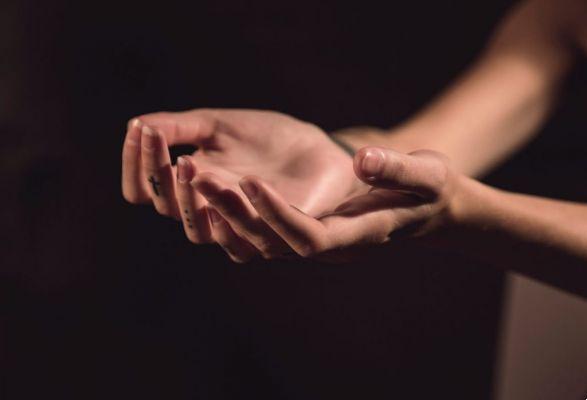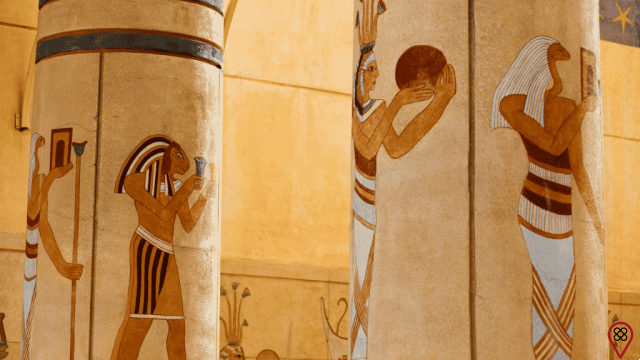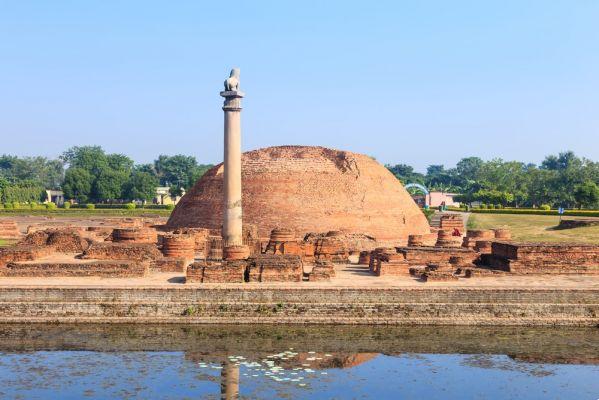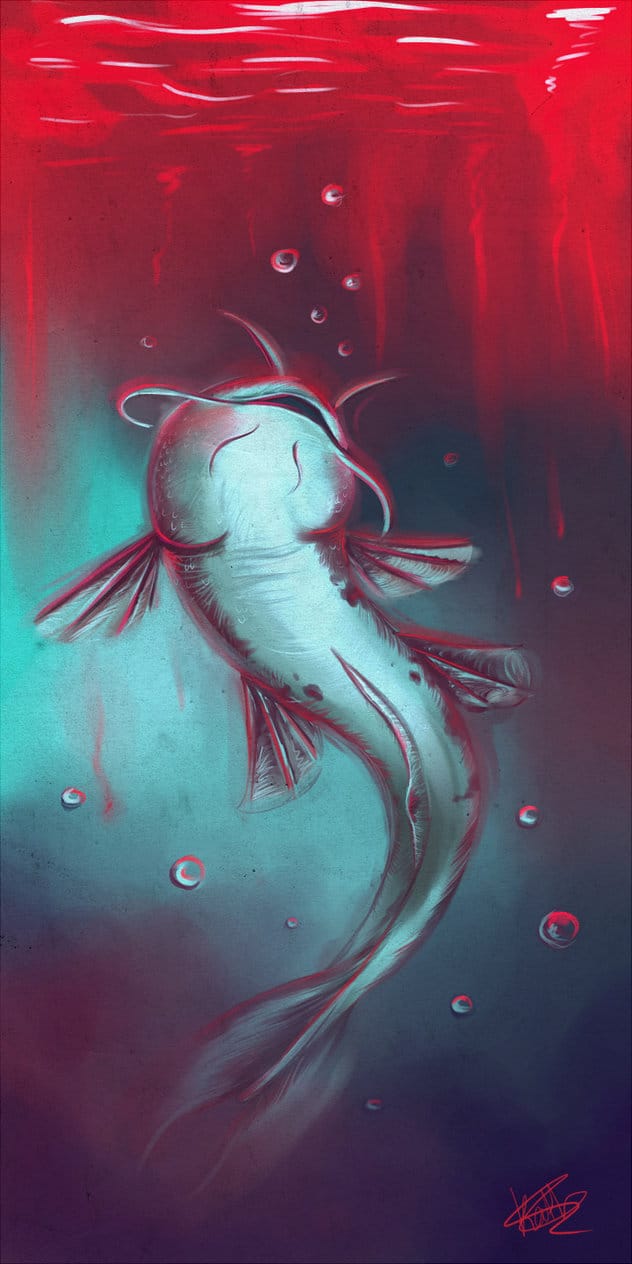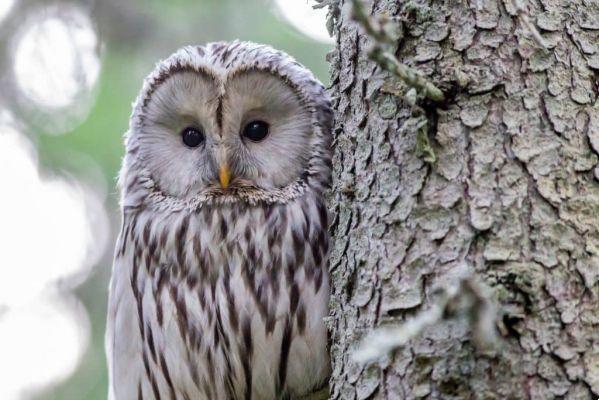Yemanjá is a name that most people have heard at least once. She is also called Queen of the Sea, Mermaid, Janaína, Dandalunda and even Princess of Aiocá. Regardless of what name you choose to call her, this deity is an African female orixá that is present in religions such as Candomblé and Umbanda.
In Yoruba, the language that gave rise to the belief, Iemanjá is a word that means "mother whose children are fish", for this reason, the deity could only be associated with the sea, where the fish are. Even those who do not follow African-based religions have heard of this orixá, which is part of many representations of Spanish culture.
If you've already jumped seven waves on the beach, for example, or you've said goodbye to the sea greeting the Queen of Waters, maybe you know more about Iemanjá than you think! Read these amazing facts about this divine figure and find out why she is so important and so referenced in España!
Curiosities about Yemanja
1) Change in representation
In the African representation of Iemanjá, she is portrayed as a black woman with large breasts, mainly because she is associated with fertility. However, when the religion of African origin came into contact with Catholicism, through religious syncretism, the figure of the orixá was transformed into a version closer to the ideal of purity defended by Christianity. That is why it is possible to identify representations of Iemanjá with a white body and no curves.
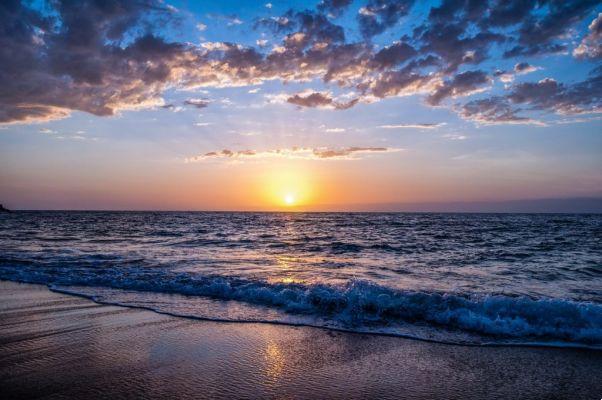
2) The seven waves of the turn
Jumping the seven waves into the sea during the turn is a way to invoke seven different orixás (Obaluaê, Xangô, Ogum, Oxum, Oxossi, Cosme and Damião and, of course, Iemanjá) and the powers of each one. So, by performing this ritual, you are attracting the energies that these deities stimulate, filling you with positivity.
3) Commemorative dates
The commemorative dates that celebrate Iemanjá are February 2nd, August 15th and December 31st. The most important thing in this type of gesture is not to set the day on the calendar, but to celebrate the strength and impact of the orixá in the lives of people who follow African-based religions and in the culture of those who only share this culture so present in Spain.
4) To please the queen
The offerings to Iemanjá are many. There are those who prefer to write notes to the Queen, which are taken to the high seas by boats, others choose perfumes and send them to the water. It is very common, however, for people to take advantage of commemorative occasions to offer white roses to the seas, as a gift to Iemanjá, in addition to making the best wishes.

5) The party in Rio Vermelho
On Rio Vermelho beach, in Salvador, Bahia, there is a party in honor of Iemanjá. It is the most striking and expressive celebration for the orixá. In addition, people who do not follow one of the religions to which Iemanjá belongs can also participate in the celebration. The objective is to thank the orixá for requests that have been answered, for a good fishing and for the discovery of love.
6) Our Lady of Conception?
Due to religious syncretism, more than one change was made in Iemanjá. Another appearance and a different name are two transformations that the orixá went through. In Catholicism, Iemanjá is known as Nossa Senhora da Conceição, a saint, and can also be called Nossa Senhora dos Navegantes, due to the help she provides to fishermen.
You may also like
- Understand how the creative force of Yemanjá is manifested
- Learn why religious syncretism is important to culture
- Find out what is the predominant energy in February
7) An independent deity
The strength of the woman and her independence is present in Iemanjá. The orixá not only does not have a husband or a lover, but also treats them with impatience, as they are not necessary for her life. If you want an example of a powerful woman who knows very well what she needs to be happy, Iemanjá is the one you are looking for.
8) The mother of fish
As stated earlier, Yemanjá's name says that she is the mother whose children are fish. In Umbanda and Candomblé, then, the people who are ruled by this orixá can be considered fish, in a purely symbolic sense, even though they are closely linked to the sea.
You can understand why the greatness and strength of Iemanjá are celebrated all over Spain, right? An orixá who is a symbol of independence and power must be praised and revered in all parts of the country. Keep expanding your knowledge about this icon and value African-based religions more and more!



